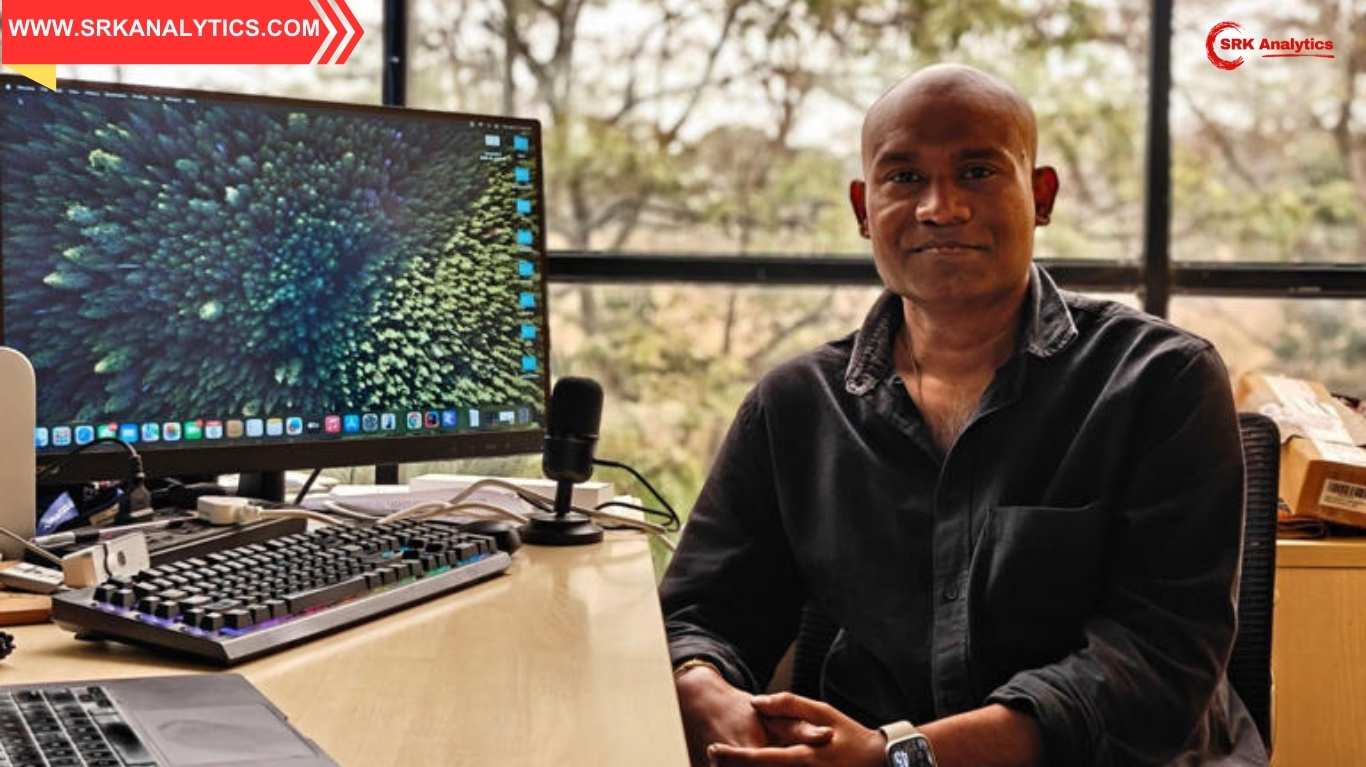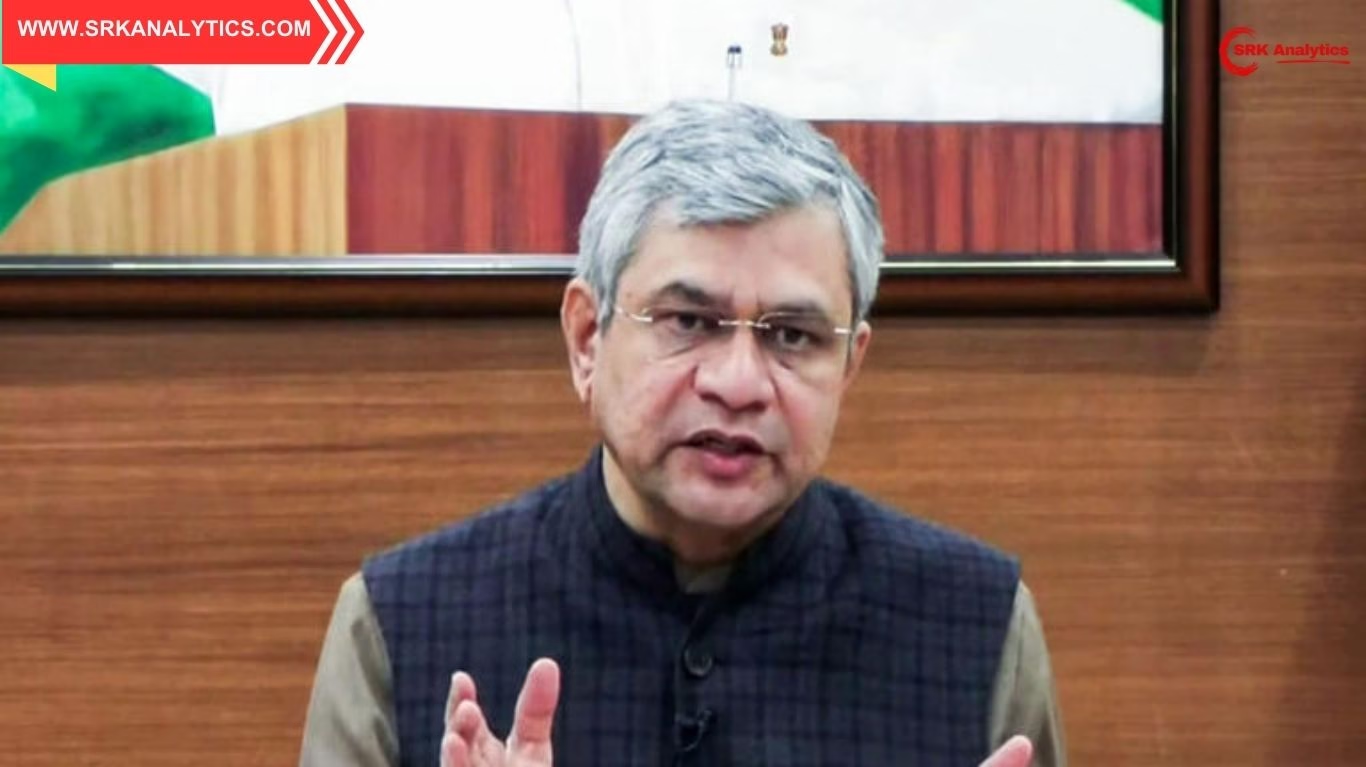In a hard-hitting commentary that has sparked intense discussion across India’s startup and corporate corridors, a leading venture capital founder has criticised what he describes as the nation’s deeply entrenched “chalta hai mindset” – an attitude of settling for mediocrity and shortcuts instead of striving for rigorous execution and excellence.
The viral post that triggered the debate
Taking to LinkedIn, the VC founder wrote:
“India does not lack ideas. India does not lack ambition. But what it truly lacks is brutal, disciplined execution.
We believe in shortcuts. We say ‘chalta hai’ (it’s okay, let it be) when quality slips. We take pride in quick fixes, not systems thinking. The real struggle is not innovation – it is in operational excellence and relentless execution without excuses.”
He further emphasised that while India has seen a surge of startups, unicorns, and global acclaim, the underlying gaps in execution standards, product quality, service consistency, and governance continue to hamper true global competitiveness.
Why is the ‘chalta hai mindset’ so deeply rooted?
Management experts attribute this mindset to:
- Legacy governance structures: Historically, bureaucratic processes and jugaad (makeshift fixes) culture created systems where shortcuts were often incentivised to get work done quickly.
- Lack of accountability: In many organisations, failure to meet execution standards carries minimal consequence, leading to a cycle of mediocrity.
- Educational emphasis on grades over problem-solving rigour, resulting in skill gaps in structured thinking and systems-based execution in the workforce.
- Societal normalisation of inefficiencies, visible from public infrastructure to customer service standards, reinforcing complacency.
Reactions from startup founders and industry leaders
The VC founder’s blunt post has drawn a mix of agreement and introspection:
- Startup founders admitted that while funding has enabled bold ideas, execution pitfalls remain a frequent cause of shutdowns.
- Corporate professionals pointed out similar issues in large Indian enterprises, especially in sectors like public infrastructure, manufacturing, and services, where quality standards often fall short of global benchmarks.
- VC peers praised the post for highlighting an uncomfortable truth. One commented: “India’s potential is enormous, but it is not a lack of ideas that holds us back – it is the inability to implement at a gold standard with consistency.”
Data snapshot: Startup failures and execution gaps
| Parameter | India (2023-24) | Comment |
|---|---|---|
| Startup failure rate within 5 years | ~85% | Global average ~80%, but Indian failures often cite operational inefficiencies |
| Primary reasons for failure | 1. No market need 2. Poor execution 3. Lack of capital | Execution consistently features among top 3 |
| Average founder work hours/week | 65+ | Yet execution gaps persist due to prioritisation and systems issues |
Brutal execution vs jugaad innovation
The VC founder’s critique does not dismiss the value of jugaad innovation, which has historically produced low-cost solutions in India. However, he argues:
“Jugaad has its place in early prototyping or crisis management. But it cannot replace robust systems, process controls, documentation, and rigorous operational discipline needed to build scalable, global-class organisations.”
He cited the example of Japanese manufacturing excellence, German precision engineering, and American process-oriented software development, urging Indian founders and leaders to emulate such operational discipline.
Founders’ voices: Real execution challenges
Ankit Shah, SaaS founder:
“We had a brilliant AI product, strong pilot adoption, and pre-Series A funding. But poor execution in backend integrations, onboarding workflows, and user support led to 60% churn in early clients.”
Richa Verma, D2C entrepreneur:
“In Indian manufacturing, execution breakdowns happen due to raw material delays, poor vendor accountability, and lack of quality audits. Even if the idea is powerful, these gaps kill momentum.”
Broader implications for India’s economic ambitions
India aims to become a $5 trillion economy with ambitions to lead in manufacturing, electronics, AI, and green energy. However, experts warn that without bridging execution gaps:
- Make in India may remain limited to assembly-line advantages rather than true global manufacturing competitiveness.
- Startup India could see a rise in unicorns without a corresponding rise in IPO-ready, profitable companies.
- Infrastructure and public services will continue to face implementation delays, cost overruns, and quality failures.
Industry recommendations to fix the mindset
- Leadership by example: Founders and CXOs must enforce zero-tolerance for poor execution within teams.
- Hire execution-first talent: Beyond Ivy League or top-tier college degrees, focus on proven operators who deliver results under constraints.
- Process documentation and accountability frameworks: Standard operating procedures (SOPs), RACI matrices, and OKR-driven cultures help institutionalise execution rigour.
- Celebrate excellence, not jugaad: Reward teams for first-time-right outcomes and process innovations rather than temporary fixes.
Closing thoughts
The VC founder ended his post with a powerful call to action:
“If India can combine its ingenuity with world-class execution discipline, we will become an unstoppable global force. Until then, the chalta hai mindset will continue to be our greatest enemy within.”
Disclaimer: This article summarises social media statements and public commentary by venture capital leaders and startup founders. The opinions expressed are their own and do not constitute investment advice or endorsements. Readers are encouraged to critically evaluate operational practices within their organisations and seek professional guidance for business strategy or execution frameworks.











